
South Asia
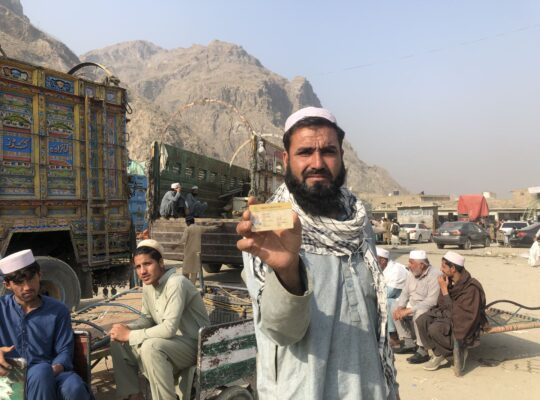
‘No Country That Is Truly Ours’
At the towns of Torkham and Chaman on the Pakistan-Afghanistan border, New Lines met several Afghans who were born and raised in Pakistan but are being expelled as “unauthorized” refugees, forced to leave their birthplace behind for a country they barely know.
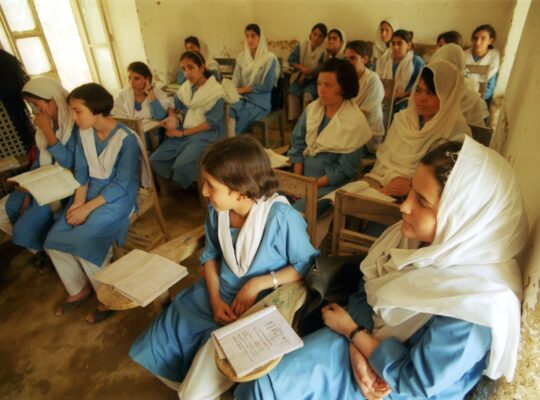
Reliving My Exile
This is a thought that I cannot escape: My family chose to return to Afghanistan, where there was light and the promise of a better future. Yet for the Afghans being kicked out of Pakistan today, there is nothing but darkness — especially if you are a girl or a woman.
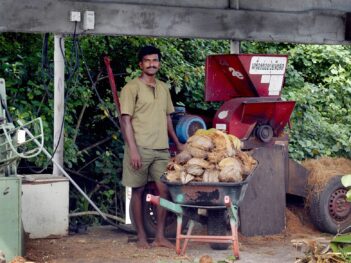
Far From the Tourist Areas, Maldivians Live a Markedly Different Existence
A seasonal worker tells me it is frustrating for her to see the life she cannot have. It’s not the guests she envies but the expat staffers, who can drink what they want, eat what they want — and when they have had their fill of the precarious island paradise, leave.
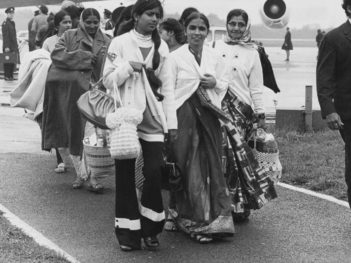
When Uganda Expelled Its Asian Population in 1972, Britain Tried to Exclude Them
Britain’s response to the expulsion of Ugandan Asians 50 years ago has been celebrated as demonstrating great generosity. Yet little is said about Britain’s attempts to prevent Ugandan Asians from coming to Britain, legal cases submitted to the European Commission of Human Rights or the newspaper advertisements taken out to warn Ugandan Asians not to settle in Leicester, even though these people were British passport holders. To say that Ugandan Asians were readily and warmly welcomed in 1970s Britain would be to offer a distorted history of immigration and asylum.
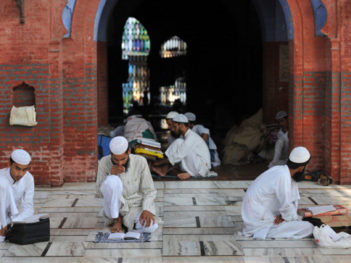
The Islamists You’ve Never Heard Of
Foreign policy specialist Kamran Bokhari talks with New Lines Magazine’s Rasha Elass about Deobandism, the “Wahhabism of South Asia” — and why it remains mostly unknown in the West.
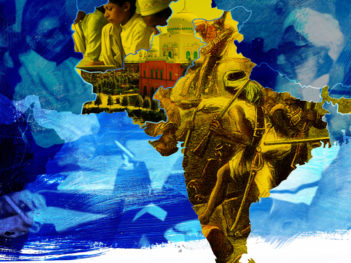
The Long Shadow of Deobandism in South Asia
The new Taliban government in Afghanistan represents the realization of the 155-year-old Deobandi movement’s objective of establishing a regime led by religious scholars. Over this time, and possibly much like the Taliban today, these religious clerics oscillated between jihadism and pragmatic politics.
